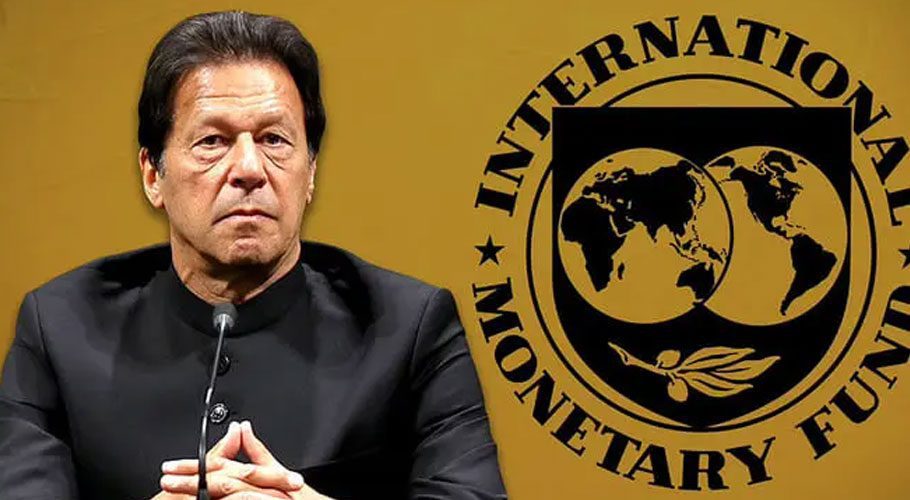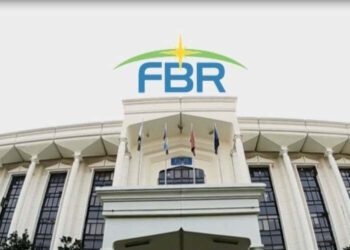Prime Minister Imran Khan has launched a public version of the country’s first ever national security policy, referring to it as an “all-encompassing, multidimensional” document.
The NSP was approved by the federal cabinet on December 28, a day after it got the nod of the National Security Committee.
What is NSP?
The national security policy (NSP) defines the direction the country should take in the coming years. Its makers are said to have taken a citizen-centric approach to national security and placed a special emphasis on economic security.
The NSP document is meant for a five-year period (2022-26) but it will be reviewed at the end of every year. The full 110-page NSP document will remain classified. However, a shorter nearly 50-page version is being published.
The document contains chapters on national cohesion, economy, defence, internal security, foreign policy and human security. In the foreign policy domain, NSP places equal emphasis on political as well as economic diplomacy, besides listing peace in the region as the top priority.
Meanwhile, the defence part highlights the challenges posed by hybrid war and threats to cyber security in addition to issues pertaining to conventional capabilities and strategic deterrence.
NSP and country’s economy
Prime Minister Imran Khan noted that governments’ mindsets since the country’s inception were to focus on military security and they never planned beyond it.
PM Imran stressed that Pakistan needed to have inclusive growth, but “compulsions to acquire loans from institutions like the International Monetary Fund (IMF) put the national economy at risk”. He lamented that the country never had a plan to secure itself economically.
“The concept we have now brought to Pakistan is to make sure of the uplift of the vulnerable segment,” he said, adding the nation will remain insecure if the rich kept becoming richer with no measures in place to protect the downtrodden segment from economic meltdown.
IMF and mini-budget
The National Assembly on Thursday pass the controversial Finance (Supplementary) Bill, generally known as the “mini-budget”, and the State Bank of Pakistan (Amendment) Bill 2021 amid fierce objection from the opposition benches.
The finance bill and the SBP bill, both tabled on Dec 30, are necessary to ensure that Pakistan’s sixth review of the $6 billion Extended Fund Facility gets cleared by the International Monetary Fund’s (IMF) executive board.
Today, Prime Minister Imran Khan said, “We were forced to approach IMF. The conditions have to be met, otherwise our national security would be affected”.
Other aspects
The NSP recommends increasing the size of the resource pie, addressing the external imbalance, and judicious redistribution of wealth.
Thorny topics like accountability, curriculum review, governance challenges, including review of the 18th Constitution Amendment and future status of Gilgit-Baltistan, will be part of the classified portion.



































